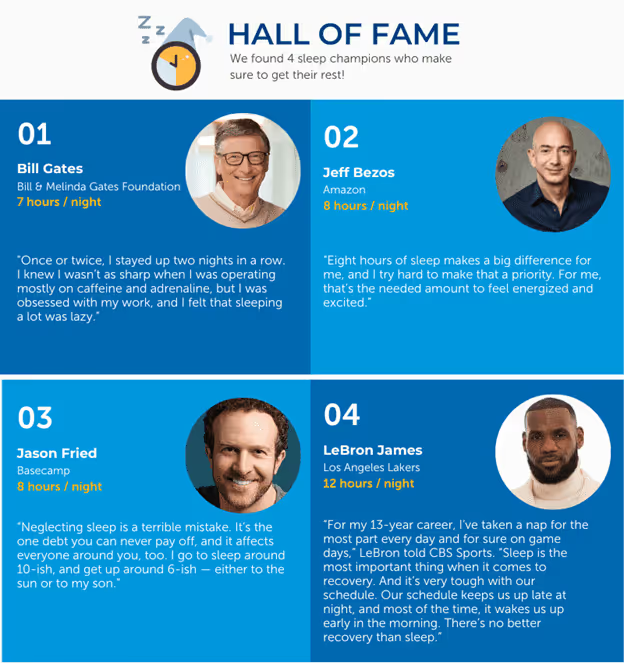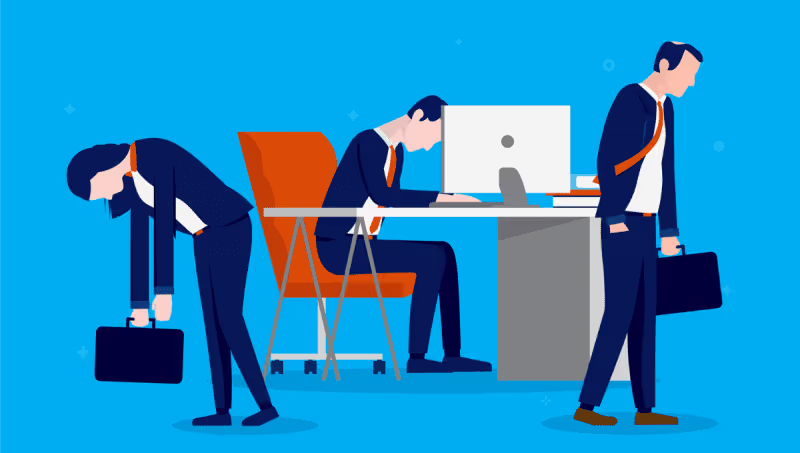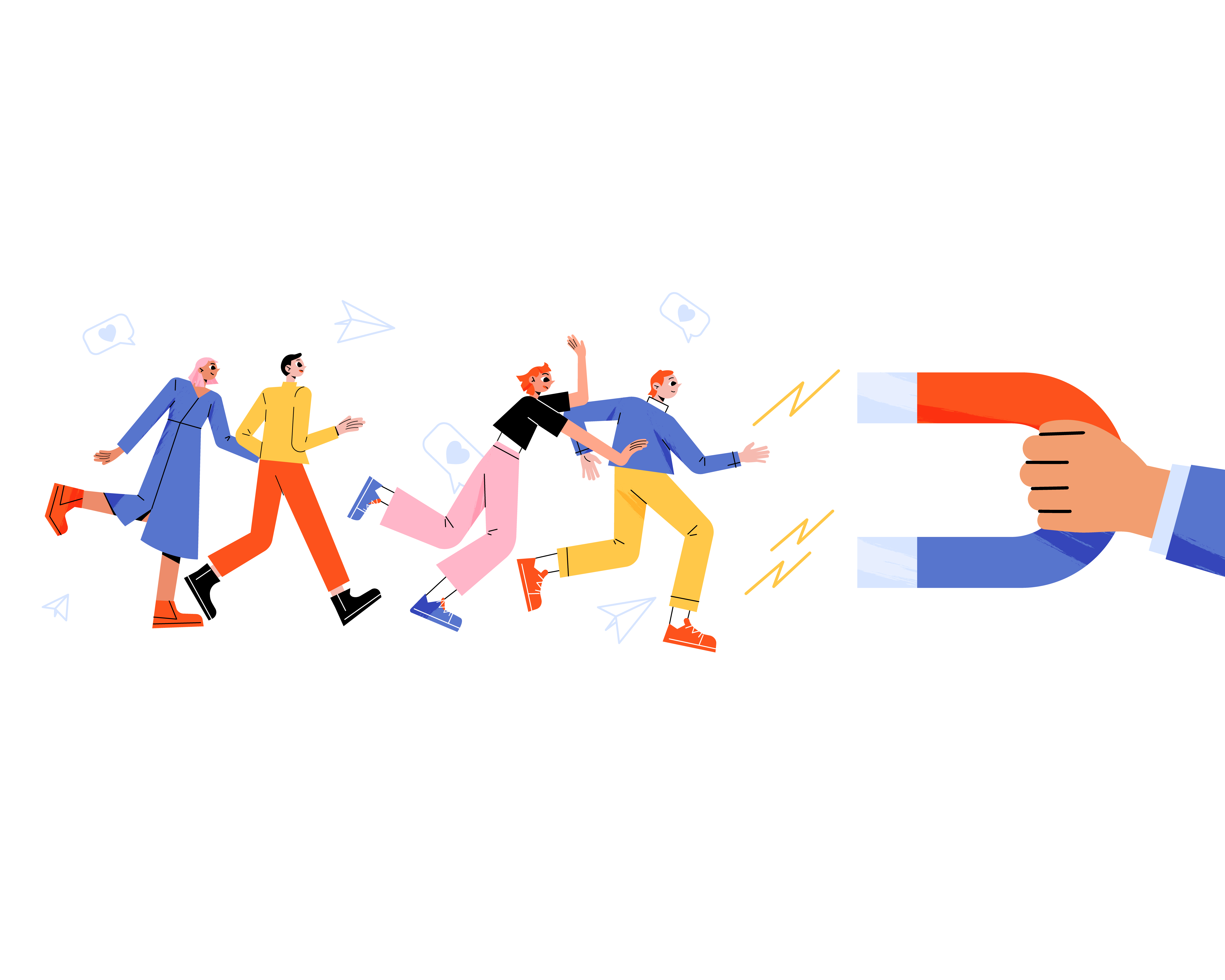Not many business leaders would brag about how little they exercise or how unhealthy their diet is. But sleep seems to fall in a different category. For some reason, sleeping is equated with laziness, and the ability to function on very little is seen as a badge of honor. The prevailing attitude seems to be that ultra-successful people work themselves to the bone, sacrificing sleep for the sake of getting more done.
The result is a dysfunctional culture that prizes sleep deprivation as a sign of discipline and grit. Take Elon Musk, who recently sent a 2 a.m. email warning Twitter employees they need to be “extremely hardcore” and work “long hours at high intensity.” Musk himself brags about working 120 hours a week and sleeping on a Tesla factory floor — though he did admit it made him “go bonkers.”
The valorization of sleep deprivation is also reflected in corporate mantras such as “sleep is for the weak,” “you snooze, you lose,” and “I’ll sleep when I’m dead.” This last phrase is particularly ironic given the potentially lethal effects of sleep loss. “Adopt this mindset, and you will be dead sooner,” writes Matthew Walker, author of “Why We Sleep.” Studies show insufficient sleep also puts you at increased risk of hypertension, diabetes, obesity, stroke, Alzheimer’s disease, and congestive heart failure, and sleep loss contributes to all major mental health conditions, including depression and anxiety.
Even if you’re willing to accept a Faustian bargain and sacrifice health and longevity in the name of getting more done, the notion that skipping sleep increases productivity is false. Studies show sleep loss has a profound impact on every aspect of performance, from attention to deep thinking to problem-solving, and it impairs the ability to perform any task that requires multiple steps.
In fact, a study comparing sleep loss to the effects of alcohol on performance and memory found that missing two hours of sleep is equivalent to drinking three glasses of wine — and missing four hours is the equivalent of a whopping five or six glasses of wine. As Inc. writer Jeff Haden points out, when you brag about how little you sleep, you’re really bragging about being less productive, less thoughtful, and less attentive than you could be.
Studies also show lack of sleep is more dangerous for women than it is for men, which is compounded by the fact that women are twice as likely as men to suffer from insomnia. Since women still shoulder the lion’s share of caregiving, the physical and emotional toll of sleep deprivation hits them harder — especially since women require more sleep than men in the first place.
None of this would matter if people in organizations were getting the sleep they need. But unfortunately, we’re in the midst of a national sleep loss epidemic in which 70% of employees don’t get enough sleep.
Insomnia costs the U.S. economy more than $63 billion a year in the form of absenteeism and presenteeism (being physically present but too much of a zombie to get any work done). Sleep loss also interferes with training and development since sleep plays a critical part in learning new skills and encoding new knowledge into long-term memory.
Research shows remembering is enhanced when learning sessions are spaced out over time. To maximize long-term recall, it helps to learn new information, let time pass, then revisit. The spacing effect is amplified when the time period between learning and reengagement includes at least one night of sleep.
So what can organizations do to help employees get the sleep they need to perform at their best? Below are a few tips to consider.
Discourage 24/7 responsiveness
Studies have shown asking employees to be on call at all hours backfires, reducing employee engagement. One study found work-related smartphone use at night disrupted employees’ sleep, leading them to feel more depleted, less attentive, less absorbed in their work, and less helpful.
To maximize performance, limit after-hours work. Take a cue from the French, who made it illegal for bosses to contact employees after a certain hour at night. Encourage employees to disconnect from work after hours, and let them know they’re not expected to respond to emails and chat messages outside their regular work schedule.
Maximize productivity, not work hours
There’s a belief that the more hours you work, the more you get done. As Musk put it, “Nobody ever changed the world in 40 hours a week.” But of course this isn’t true. What really matters is not hours logged but how much work you can get done. For instance, Jason Fried, CEO of Basecamp, works only 40 hours a week and finds eight-hour days to be a useful constraint. “It forces you to focus on what really matters, trim the stuff that doesn’t, and make every hour count,” says Fried. And as author Cal Newport explains, you can be enormously productive in a small amount of time by carefully structuring your time. So encourage employees to focus on output, not hours, and encourage them to manage their time effectively to maximize productivity.
Implement sleep-friendly policies
Consider what happens when an employee gets a poor night’s sleep due to insomnia or a late-night emergency. At organizations that require employees to clock in at a certain time and prohibit daytime napping, the entire day may be lost due to sleepiness. But by building flexibility into policies, organizations can recover lost productivity and help support employees in getting the sleep they need.
Allow employees to set their own working hours when possible, giving them the freedom to start their work day later. Encourage employees to take short naps during the day to boost alertness and productivity. Employers can also encourage employees to take short breaks throughout the day to stretch, move, and relax. Giving the brain time to rest and recover not only improves focus and productivity, it also reduces stress, which leads to better, more restful sleep.
Our national obsession with sleep deprivation as a marker of success and grit is both misguided and harmful, not just because it makes employees miserable but because it actually decreases productivity.
By encouraging a culture that values sleep as a critical part of a healthy mind, organizations can help employees perform at their best. By limiting after-hours work, discouraging 24/7 responsiveness, and recognizing that productivity is about work, not work hours, organizations can create a more productive, healthy, and resilient workforce.






.avif)


